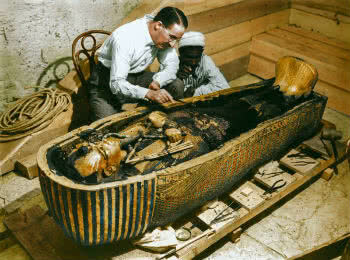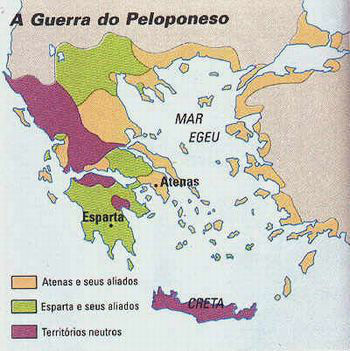Absolutism it is a political regime where only one person exercises absolute powers, broad powers, where he alone rules, usually a king or queen. Absolutism was a period between the 16th and 18th centuries, and it began in Europe.
Through absolutism, monarchs had the power to create laws without society's approval and to create taxes and tributes to finance their projects or wars. Often an absolute King would be involved in religious themes, often even controlling the clergy.
Absolutism is often confused with a doctrine known as the "Divine Right of Kings" that the power and authority of kings came directly from God. Likewise, according to this doctrine, a king could only be overthrown by God. There is also a distinction between absolutism and despotism, the latter being almost like a corruption of absolutism, where the king acts without any concern. Unlike despotism, absolutism has theoretical support, and it was a regime defended by various authors such as Jean Bodin, Thomas Hobbes, Nicolau Machiavelli. Some of these authors believed that an absolute and sovereign king was also the will of God.
Absolutism began at the end of the medieval period, and the beginning of modernity, and appeared at the transitional moment between these epochs, which was also called absolutist monarchy. Many philosophers of this time developed theories about the regime, such as Machiavelli in “The Prince”, Thomas Hobbes in “The Leviathan” etc.
Absolutism was a great boon to the bourgeois class that supported the King in power. In this way, merchants sponsored the King's projects and as a reward they benefited from the State's business.
Several countries in Europe went through the absolutist regime. France was ruled by King Louis XIV, the most celebrated French absolutist, known as the "Sun King", who remained famous for his famous phrase "I am the State", King Henry VIII in England as well as the Queen Elizabeth. In Portugal, the power given to kings was not absolute, as it was shared with the courts and other sovereign entities. However, the power given to kings increased over time, which was seen in the reign of King João V. In Spain, King Ferdinand of Aragon married Queen Elizabeth of Castile, which led to the unification of the Spanish kingdom. This unification gave rise to the period of absolutism in Spain.
With the rise of the Enlightenment and with the ideals defended by the French Revolution, absolutism reached its end, was replaced in many countries by the Republic, becoming known as "Ancient Regime". However, before its fall, and given the many criticisms leveled at it, absolutism attempted a kind of reform through enlightened despotism.
Learn more about some characteristics of absolutism.
Absolutism and Mercantilism
The most famous economic model during absolutist regimes was known as mercantilism. This model was characterized by a state that had a strong involvement in financial affairs. According to mercantilism there was also the notion that an accumulation of wealth would contribute to the prosperity of the State, giving it influence, power and respect before other nations. Mercantilism was known for using processes such as metalism, industrialization, customs protectionism, colonial pact and favorable trade balance.
know more about Mercantilism.


